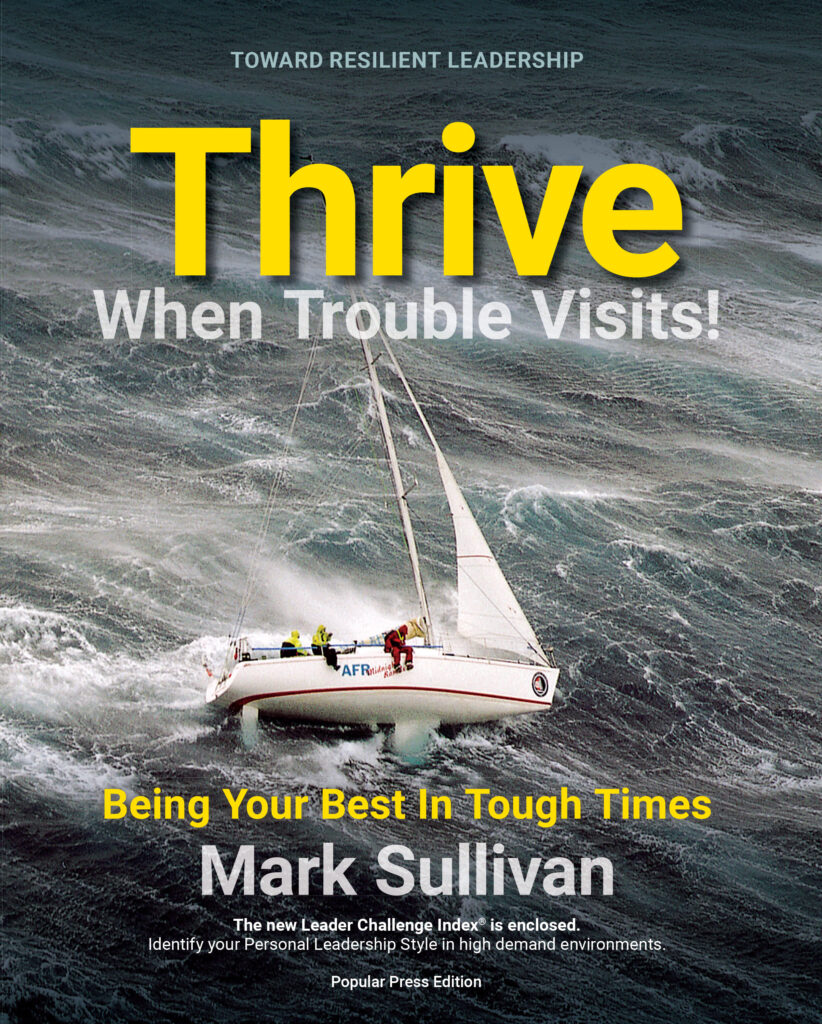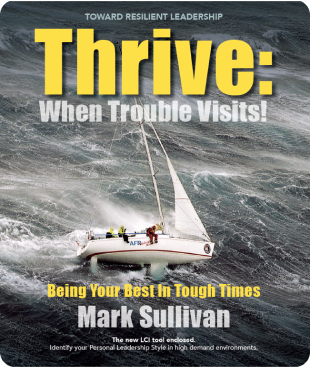Michael C. Walker
Amish-born, country farmhand; Spirited Journeyman and Life Adventurer; Technologist and Computer Scientist
b. 1994
If you enjoyed this story, consider ordering Mark’s new book.
Permission Granted to Distribute by Signature Contributor
Community, Faith, and Non-Profit
Helene Neville
Cancer survivor turn marathoner that ran through all 50 states, from one Cancer-hospital to the next to raise funds and support patients
Did you ever know you needed to do something but didn’t know why? Did you ever push on when others thought it didn’t make sense? Did you ever not know what to do next, but continued anyway?
Take Helene Neville, a grandmother, survivor of multiple bouts of potentially deadly cancer, turned hard-core elite marathoner. Not just any kind of runner. She is one of the first to have run the total perimeter of the United States, followed by all the states within the lower 48 – at 58 years old. Soon after, she completed Hawaii and is on her way to doing the same with Alaska, in the winter, no less. This makes her the first person in recorded history to run the contiguous United States and Hawaii unsupported, 12,976 miles to date!
She was a natural athlete from childhood, but life’s twists put Neville on her own course. When she was a little girl, Neville’s father walked out on the family, leaving a loving, strong-willed Irish American mother to support six children on her own. In one week, her mother was a member of a country club near Philadelphia. The next week, she was a waitress at the same club. Every month, the town social worker from the local family service agency visited to see if her mother would turn her kids over to foster care and sell the house. Neville hid under the dining room table as she listened to the uninvited social worker plead, cajole, and shame her mother into giving up her family. It was the 1960s, and women in this suburban, middle-class neighborhood were not to be primary homeowners, never mind being a single mom, and head of household.
The family was poor. But Neville’s mother was dedicated to three things: A roof over her children’s heads, food on the table, and all six children attending Catholic schools. Moreover, she aimed to protect, feed and educate all of them together as one family, one unit. This singular purpose was clear and non-negotiable. She worked three jobs to make it happen. There were trade-offs that influenced what she could and could not do based on this purpose-led, family-first approach. Despite a non-stop schedule, Neville’s mom watched all of her daughter’s evening high school basketball games. To save a dollar, she watched from the gym lobby until half-time when she was then allowed in for free. She did without so that her kids could receive her three essentials. Purpose had a price, but it freed her mother from distraction or temptation to do less or to be less.
Neville learned this lesson well. Being purposeful mattered if she was going to make a difference in this world. She became a nurse and ended up raising her kids with the mutual support of her ex-husband. All the while challenged with recurring bouts of cancer, and the cycle of chemotherapy, remission, and then more of the same. Neville spent long days and hours just staring at the window from her hospital bed. Pain was a constant, and fear of what would come of her life and her children never left her. Through all of this, she realized that her own health, her very existence, was dependent not simply on her, but also on the nurses that she had grown to love and respect. She begrudgingly reckoned with the fact that she could not do it all herself. Yet, she was determined to give something back to them and to their profession. But what, and for what reason?
“Finding myself on the other side of the bed as a patient, I just wanted to give back to the profession that gives so much and we kind of exist on the front lines of life,” said Neville. “It’s a noble profession and we don’t get acknowledged very well or much.”
Once vertical, she realized recovery meant something more than leaving her physical ailments behind. She had changed somehow. Struggling with determining what was important to her and what she would do, first meant she needed to accept that she was vulnerable. That is, to embrace a not-knowing state. She thought most people had structure to their life, regular jobs, daily routines, and predictable plans. Neville wondered, if she could do something different, radically different, outside the box, for the nurses she so loved, that resonated with her inner voice. Could she let go of ‘playing safe,’ and do something a bit on the edge, where risk met opportunity? It was scary yet exciting.
This took a certain courage to have faith in the unknown self. She contemplated multiple ways that she could support nurses. There were pretend choices, such as making a small donation to the hospital, or half-way, play-it-safe choices such as participating in a local 5K charity run for cancer, but Neville chose to be all-in — running from the West-to-East Coast for the first leg of her run of the perimeter of the United States.
Once Neville gave herself to a purpose that was true to her, she realized she could let go of the externalities of meeting expectations and interests that were either not hers or not central to her best and future self. Easier said than done. How would she start? She had little money.
At first, her cross-country charity run was a multi-state trek running from one southern hospital to the next to share her cancer recovery stories with other patients. As Neville began, others got excited about her message and mission to bring hope to the hopeless. Donors stepped up and started to support her. It was inspiring about this cancer victim turned cheerleader, genuinely wanting to get up close with those needing encouragement and a potential path forward from someone who lived the same nightmare.
Others, in the health care community and beyond, started to help. They found places for Neville to stay at night and food. They set up hospital talks and radio spots in towns where she was running. Before she knew it, the raw power of purpose in action generated support from people and places she least expected. Neville slept on couches and was served meals from those who sometimes had little to offer – yet were moved by her driven spirit to serve those in pain.
We do not always know the finish at the beginning, nor the risks involved until the dance between holding-on and letting-go begins. Sometimes, having a purpose that matters means giving up something else that is desirable. So, what is important? The safety of staying with the known can be most attractive while the unknown may be less than tolerable. The quiet courage it takes to serve an authentic purpose may not be visible, but it results in precision, utility and impact for the long run. For Neville, instead of mailing it in she chose the most of challenging of options and completed the southern perimeter run, eight states, in only 93 days.
The run was something larger than herself. The emerging planning team, the recovery wagon, the run itself, the talks and media at different hospitals and schools Neville spoke at along the road, all involved hundreds of supporters gaining inspiration and guidance along the way. This was not just a guiding coalition or community, it was purpose driven.
The first 100 days or so of running ultimately only her first leg, Ocean Beach, CA to Atlantic Beach, FL. In Florida, she decided she needed to go farther after her brother Anthony died. She carried his ashes in an urn while running and completed the second of four legs between Vancouver, British Columbia, and Tijuana, Mexico. The other legs became more intentional and gained momentum as she completed a 9,713-mile perimeter run, coast-to-coast and north-to-south.
Along her route, Neville fulfilled her own purpose, but she also gave others a chance to become a part of her mission. “Everybody wants to be a part of something bigger than them. They just want to be included, like a team,” she said. “One world, one team.”

If you enjoyed this story, consider
nec gravida tempor dolor convallis. facilisis in nec gravida tempor dolor convallis.
facilisis in facilisis tempor libero, orci cursus nec orcial nec gravida tempor dolor convallis
2-way access:
- To purchase the THRIVE book separately, click “Buy Now”
- Want to purchase only the Toolkit? Click on the ‘Get Toolkit’ button to access it instantly


